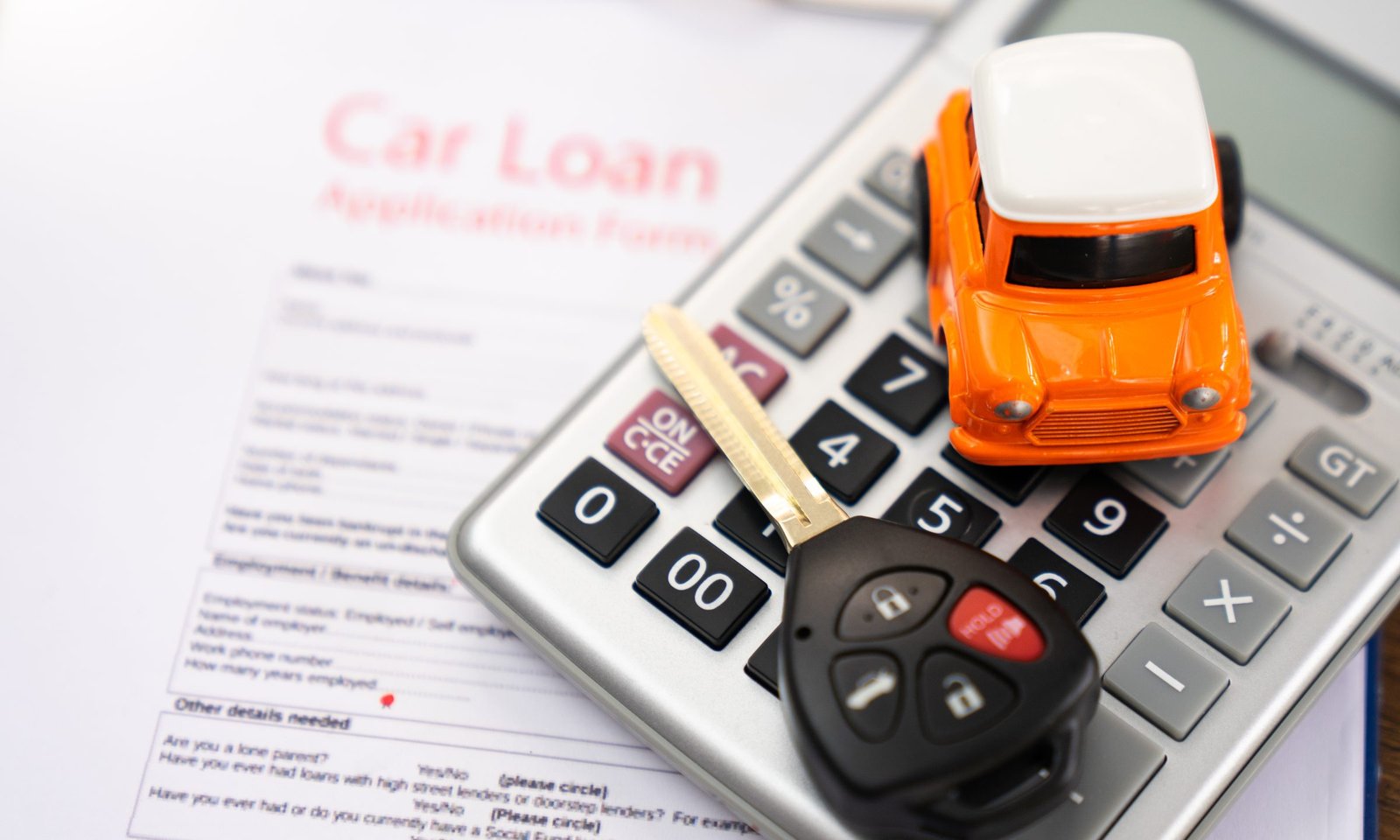When you’re looking to buy a car, securing the best car loan rates can significantly affect your budget. A lower interest rate means you’ll pay less over the life of the loan, making your vehicle more affordable. With so many options available, it’s essential to understand the factors that influence these rates. This guide will help you navigate the world of car loans, comparing rates, and finding the best deal for your financial situation.
Understanding Car Loans
What is a car loan?
A car loan is a sum of money borrowed from a lender to purchase a vehicle. The borrower agrees to pay back this amount, along with interest, over a set period. Car loans can be secured or unsecured. A secured loan is backed by the vehicle itself, meaning if you fail to repay, the lender can repossess the car. In contrast, an unsecured loan doesn’t use the vehicle as collateral but often comes with higher interest rates due to the increased risk to the lender.
Types of car loans available
There are several types of car loans to consider. The most common are traditional loans, where you borrow a specific amount for a fixed term and interest rate. Another option is a lease, where you essentially rent the vehicle for a set time and return it at the end of the lease. You might also find special financing options through dealerships, which can sometimes offer promotional rates. Understanding these options can help you choose the best fit for your financial situation and driving needs.
Factors Influencing Car Loan Rates
Credit score impact
One of the most significant factors affecting your car loan rate is your credit score. Lenders use this score to gauge your creditworthiness, or how likely you are to repay the loan. Generally, a higher credit score results in lower interest rates. For instance, borrowers with scores above 700 often qualify for the best rates, while those with scores below 600 may face much higher rates or even denial. It’s wise to check your credit report before applying for a loan to address any discrepancies and improve your score if necessary.
Loan term length
The length of the loan term also plays a crucial role in determining your interest rate. Car loans typically range from 36 to 72 months. Shorter loan terms usually come with lower interest rates because lenders take on less risk over a shorter period. However, this means higher monthly payments. Longer terms can lead to lower monthly payments but may come with higher interest rates and increased overall cost. It’s essential to find a balance that fits your budget and financial goals.
Market conditions
Market conditions, including economic trends and the Federal Reserve’s interest rates, can influence car loan rates. When the economy is strong, rates tend to be lower because lenders feel more confident in borrowers’ ability to repay loans. Conversely, during economic downturns, rates may increase as lenders become more cautious. Staying informed about current market trends can help you time your loan application for the best rates.
How to Compare Car Loan Rates
Researching lenders
To find the best car loan rates, it’s crucial to research various lenders. Start by looking at traditional banks and credit unions, as they often offer competitive rates. Online lenders have become increasingly popular, providing quick and easy comparisons. Consider using financial websites that aggregate loan offers, allowing you to see rates from multiple lenders at once. It’s also a good idea to check customer reviews to gauge each lender’s reputation and service quality.
Using online calculators
Online calculators are valuable tools for comparing car loan rates. These calculators can help you estimate monthly payments based on different loan amounts, terms, and interest rates. By entering various scenarios, you can better understand how much you’ll pay each month and the total cost of the loan over its life. This information is essential for making informed decisions and ensures that you choose a loan that fits your budget.
Considering total cost vs. monthly payment
When comparing car loan rates, it’s important to look beyond just the monthly payment. A lower monthly payment might seem appealing, but it could mean a longer loan term and higher overall costs due to interest. Focus on the total cost of the loan, including interest, fees, and other charges. By evaluating both aspects, you can make a more informed choice that aligns with your financial goals.
Where to Find the Best Car Loan Rates
Banks and credit unions
Banks and credit unions are traditional sources for Best Car Loan Rates and often offer competitive rates. Credit unions, in particular, tend to have lower rates than banks because they are nonprofit organizations focused on serving their members. If you’re a member of a credit union, be sure to inquire about their auto loan rates and any special offers. Additionally, many banks provide pre-approval options, allowing you to see what rates you qualify for before shopping for a car.
Online lenders
Online lenders have become increasingly popular for car financing. These lenders often provide quick applications and approvals, making the process convenient. Many online platforms also allow you to compare rates from various lenders, giving you a broader view of your options. Just be sure to read the fine print, as some online lenders may have hidden fees or higher rates for certain credit profiles.
Dealership financing options
While dealership financing can be convenient, it’s essential to approach it with caution. Dealerships often partner with lenders to offer financing, but their rates may not always be the best. They might also promote special deals that seem attractive but come with strings attached. Always compare dealership offers with those from banks and credit unions to ensure you’re getting the best possible rate.
Tips for Securing the Best Rates
Improving your credit score
Improving your credit score is one of the most effective ways to secure better car loan rates. Start by checking your credit report for errors and dispute any inaccuracies. Pay down existing debt, make all payments on time, and avoid taking on new debt before applying for a loan. Additionally, keep old accounts open to lengthen your credit history. These actions can boost your credit score, increasing your chances of receiving lower interest rates.
Making a larger down payment
Making a larger down payment can also help you secure better loan rates. When you pay more upfront, you reduce the amount you need to borrow, which lowers the lender’s risk. A significant down payment demonstrates your commitment and can lead to better terms. Aim for at least 20% of the vehicle’s purchase price if possible. This not only helps you qualify for a better rate but also reduces your monthly payment, making your car more affordable.
Timing your loan application
Timing can play a critical role in securing the best car loan rates. Pay attention to seasonal trends in the auto industry, as many dealerships offer promotional financing during specific times of the year, like holidays or end-of-year sales. Additionally, keep an eye on interest rate trends. If rates are expected to rise, consider applying sooner rather than later. Timing your application can make a significant difference in the rate you secure.
Conclusion
Finding the best car loan rates requires research and preparation, but it’s worth the effort. By understanding car loans, the factors that influence rates, and how to compare options, you can make informed decisions that benefit your financial future. Remember to check your credit score, compare multiple lenders, and consider both total costs and monthly payments. With the right approach, you can secure a loan that fits your budget and helps you drive away in your dream car.











